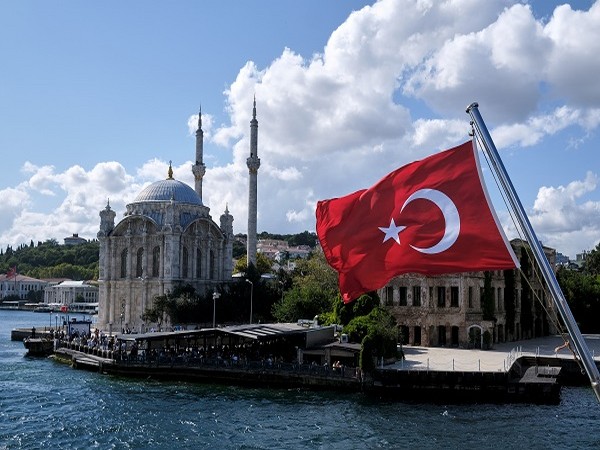PKK Disbandment: A New Era for Turkey's Stability
The PKK, a Kurdish militant group in conflict with Turkey since 1984, announced its dissolution. This decision may enhance Turkey's political and economic stability and affect regional geopolitics. The move follows a call by jailed leader Abdullah Ocalan. Future implications on Turkey's policies and Kurdish politics remain uncertain.

The Kurdistan Workers Party (PKK), a militant group involved in a prolonged and bloody conflict with Turkey, has decided to disband, as reported by a news agency close to the organization. This historic decision, announced on Monday, holds the potential to significantly stabilize NATO member Turkey's political landscape and economic conditions. The dissolution could also ease regional tensions, particularly in Iraq and Syria, where Kurdish forces currently align with U.S. military interests.
Having initiated its insurgency in 1984, the PKK's conflict has claimed over 40,000 lives, inflicted severe economic impacts, and intensified societal divisions. Recognized as a terrorist organization by Turkey and its Western allies, the PKK's 12th Congress resolved to dismantle its organizational structure and cease armed conflicts, according to the Firat news agency's report from their recent congress in northern Iraq.
This congress followed a call for disbandment from Abdullah Ocalan, the PKK's imprisoned leader since 1999. Despite his continued involvement, it is uncertain if Ankara supports his role, and the specifics of the disarmament process are yet to be detailed. The decision's influence on the Kurdish YPG militia in Syria, viewed as a PKK affiliate by Turkey, also remains to be seen.
(With inputs from agencies.)










